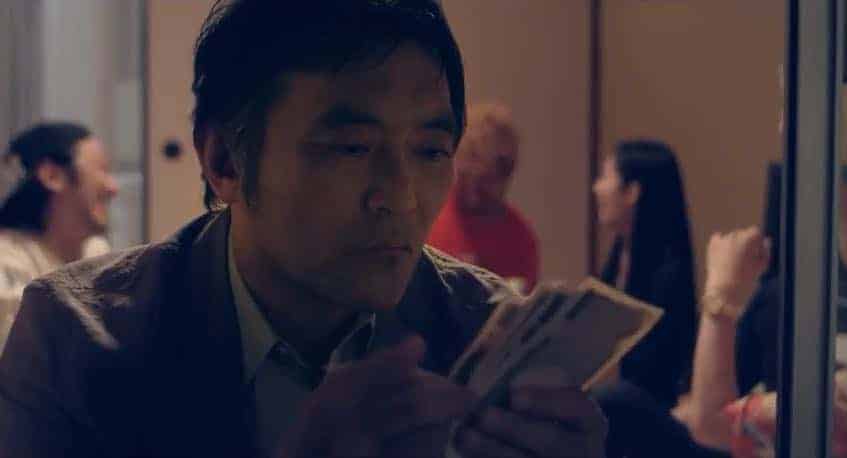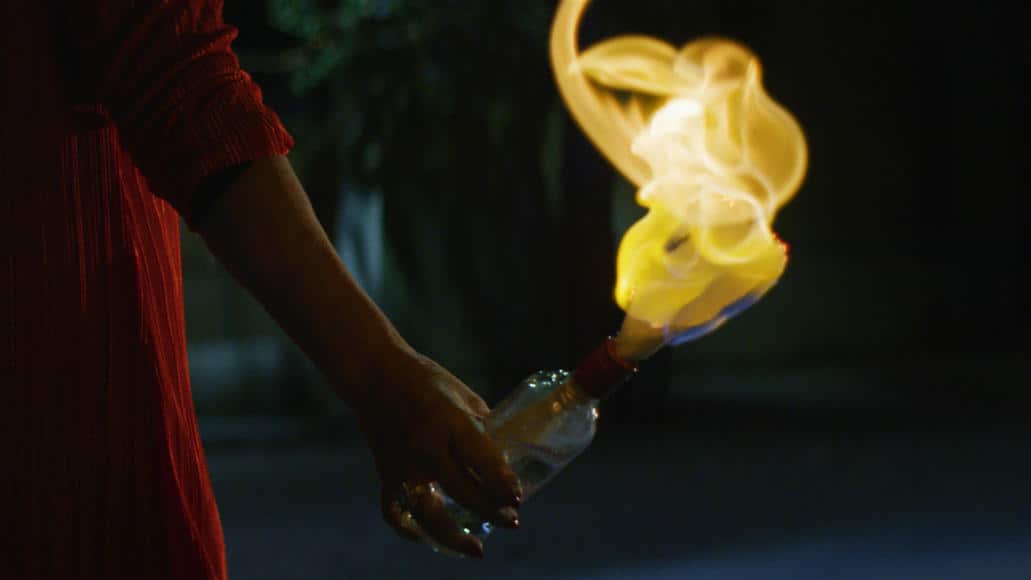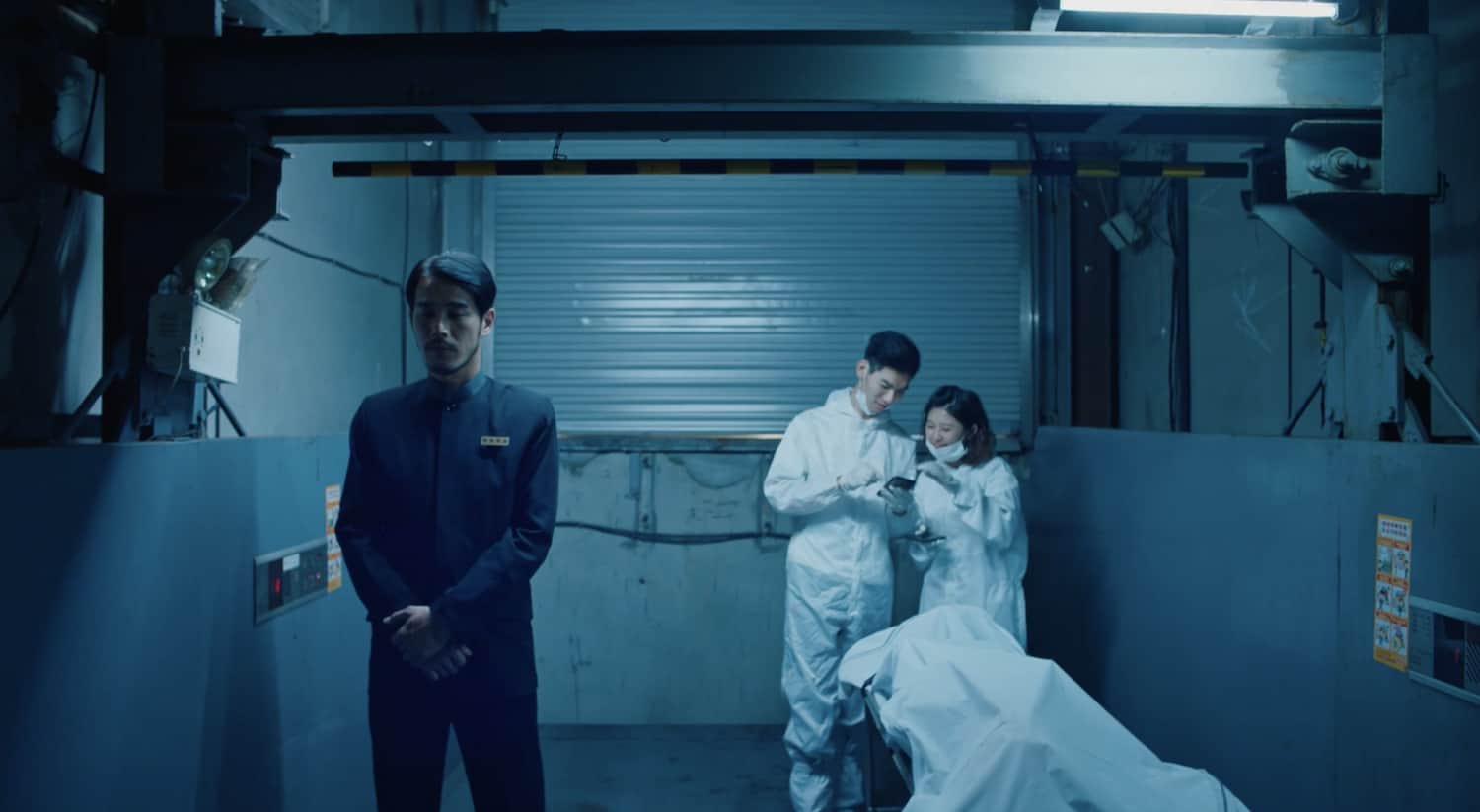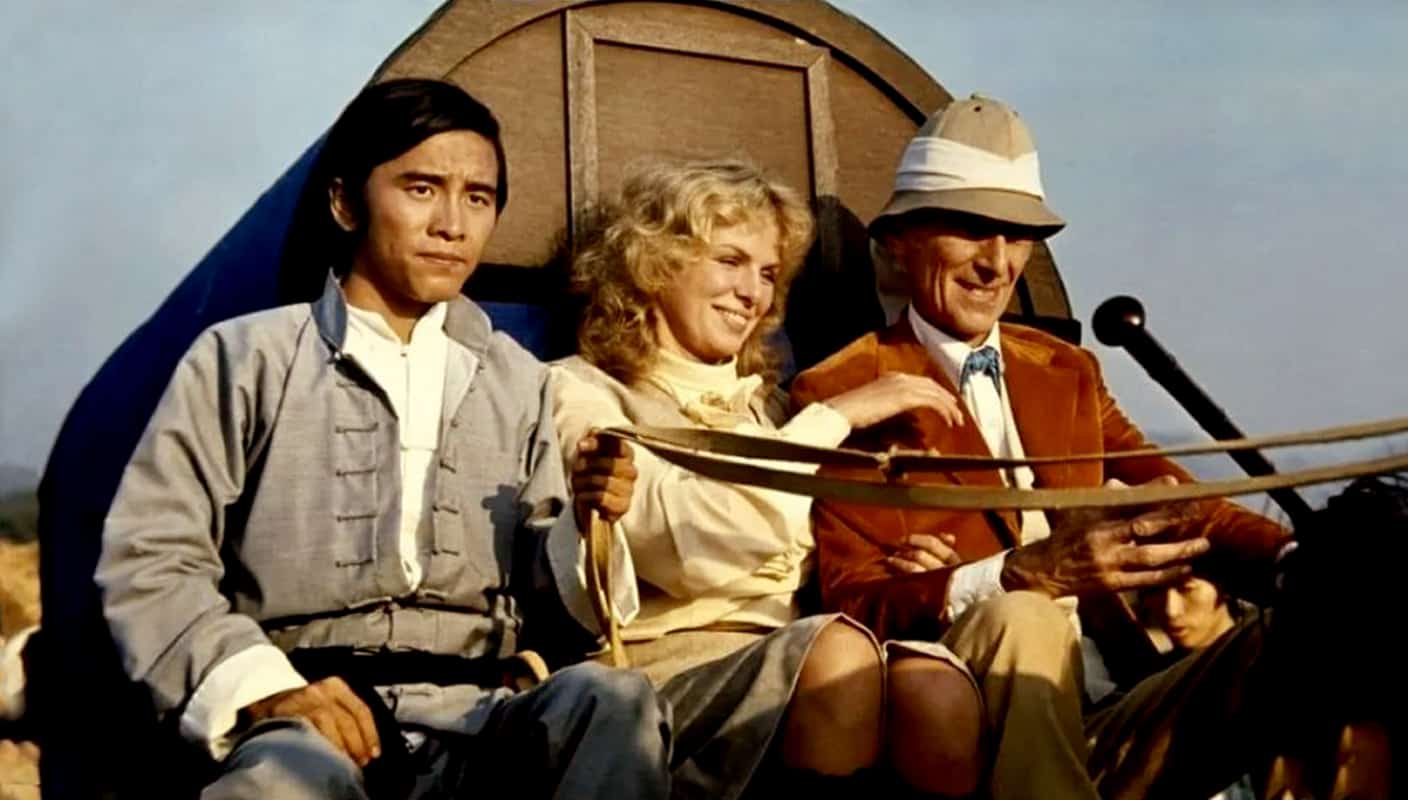Winner of the audience award at Yubari and the debut of Koichiro Oyama in the director's helm, “His Bad Blood” is a rather interesting independent film, particularly because it strays away from the “norms” of the category.
“His Bad Blood” is screening at Fantasia International Film Festival

The film begins with Hiroshi, a drifter who has ended up in a remote village, trying to steal his wife's money, while she is giving birth to their son. However, her brother, who has been always suspecting him for being a con man, finds him and instigates the rest of the villagers to chase him when he escapes. Hiroshi receives a hard beating but is saved at the last moment by the local reverend, and manages to run away from the village.
30 years later, the villagers seem to hold the grudge still, but this time it is directed to Hiroshi's son, Shinichi, and also includes both his mother and her brother. Shinichi is depressed, traumatized and lazy, and cannot cope with the whole situation, despite his mother's efforts to help, overcoming her own feelings. Her efforts, however, are futile, and Shinichi soon finds himself taking shelter in the church the same priest who saved his father runs. At the same time, and in a place dangerously close, Hiroshi continues his conning, but one failed job too many forces him to seek solace at the same church. The reverend, however, does not reveal their ties to either, and a strange relationship between the two begins.
Koichiro Oyama directs a film that revolves around two interconnecting questions, whether people can change, and if children are bound to assume their parents' role. And although these questions are not exactly first-time ones, Oyama's approach towards them, and particularly regarding the second one, is quite interesting, since he uses the small-town mentality in order to approach it. In that fashion, he seems to state that it is society that actually poses this question and even answers it by itself in the worst way possible, by giving a positive reply and proceeding on taking it for granted, even willing to punish the particularly individuals without examining their actual character. The fact that Shinichi's mother almost “expects” him to be a thief since childhood, and particularly his uncle's behaviour, who even goes as far as asking him to leave the place for the trouble he is bound to cause, are the most distinct samples of the aforementioned comment and the particular approach. Furthermore, Oyama examines the consequences such behaviour can have on an individual, although, once more, his answer about this issue on the axis of how the “victim” should respond is unique.

The first question revolves mainly around Hiroshi, who seems to be on a downward-spiral-path without any kind of exit, with his life and fate giving a definite answer to the first question mentioned. Through these two characters and their life story, Oyama seems to state that people can change, but there is a point in life after which changes cannot happen.
On another level, the film deals with the concept of religion and particularly Christianity, although, again in a very interesting approach, Oyama has the reverend and the concept of religion being the main sources of comedy in the film. Especially the TV-evangelist mocking scene will definitely bring laughter to anyone who watches it. On a more serious note, the director's comment regarding religion, in connection with the aforementioned ones, is that it can provide some solace, but no permanent solution, with the reverend presenting this comment in the most eloquent fashion.
The comments and the approach the film implements are quite interesting, but at times, and in connection with the way the story unfolds, there are some faults in the narrative, particularly in the way Oyama tried to include all these aspects in the story, with the fact that the flashbacks are somewhat misplaced adding to that sense even more. This tick in the cons column, however, does not fault the sense the film emits so significantly, and in the end, the result is quite good.
The acting is on a good level, with the chemistry between veteran Ikkei Watanabe as Hiroshi and Yu Toyama as Shinichi being excellent, particularly due to their differences as characters, with the first being a loud extrovert and the latter the exact opposite. Akio Kaneda in the catalyst role of the reverend is also quite good, with the way he adds humor in an otherwise dramatic setting being the highlight of his performance.
The editing follows the rules of the Japanese indie for the most part, although, as I mentioned before, the flashbacks could be placed a bit differently. The cinematography focuses on realism, but also exemplifies the dead-end the rural, almost secluded environment offers.
“His Bad Blood” is a very interesting film that manages to present a number of social comments in an engaging fashion, and thus succeeding in standing out from the plethora of similar productions in the Japanese film industry.















